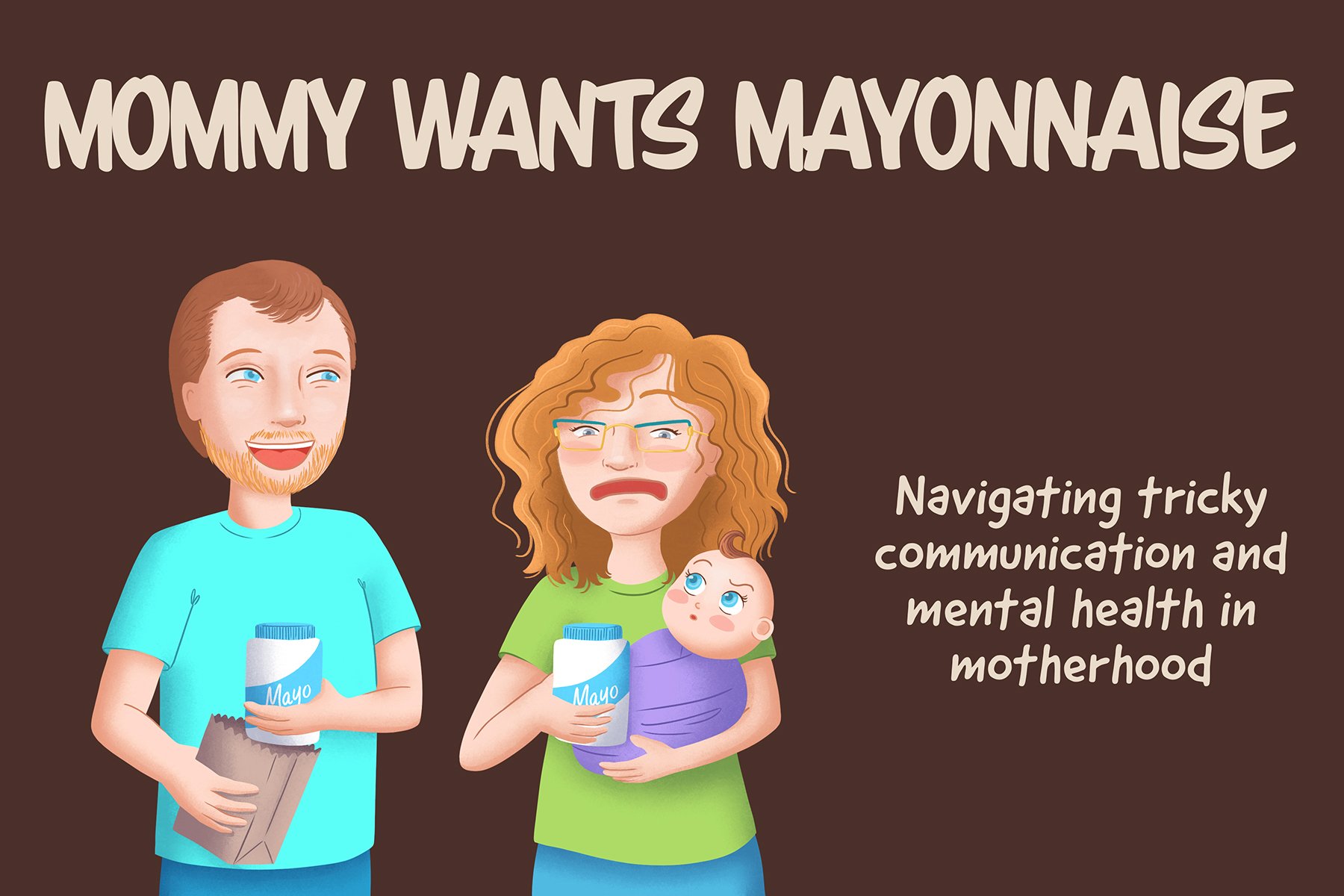Photo by David Mullins on Unsplash
My spouse had shared several months in advance that he had two business trips to attend in February. As a planner, I always appreciate the advanced notice, and had them on the calendar with a handful of ideas of how to manage single parenting in his absence. After spending some time with my parents, I found myself driving our daughter home as the sun was setting, glancing back to watch her napping peacefully in the back seat. Imagine my surprise when I was hit with a sudden and intense wave of anxiety. As I felt a choking sensation in my throat and tears come to my eyes, I attempted to remain curious as to why anxiety was showing up in that moment. It became clear that I was anticipating being by myself for the dinner and bedtime routines, neither of which scare me, and yet I couldn’t shake this dread that I wasn’t going to be able to handle it. That I was isolated. That it would be more difficult than usual. That my daughter was going to lose it. That I had to make it through.
The anxiety’s appearance as the sun was setting made me think of Sundowners. Sundowners traditionally talks about a behavioral shift in a person with dementia that occurs when the sun sets and darkness falls, including increased irritability, restlessness, and confusion. When you read about Sundowners, it emphasizes the importance of a routine, plenty of activity during daylight hours, and addressing body needs like hunger and thirst. As a mom, I recognize the importance of all of these suggestions in raising an infant, as well as the positive impact these things can have on a tired, stressed out mama too!
As I sat with the anxiety further, I was able to pinpoint a familiarity to it. It was the same feeling of isolation I felt while nursing in the early morning hours of my daughter’s first three months of life. There was anticipation of her struggling to fall asleep at bedtime, and my responsibility to be attentive to her needs as a first-time mother who was also trying to get some sleep herself. I can recall that the 4am feeding felt the most lonely and heavy of all the nighttime feeds, with some self-talk showing up about surviving to 5am and the sun rising soon after that to make things feel more manageable and breathable again.
This realization, combined with the anxiety of my spouse traveling for several nights, helped me better understand the waves of anxiety and dread that had arrived. After all, the last time my spouse traveled, I was left at home with a sick baby while being sick myself. Talk about challenging! It began to make sense that I was feeling anxious, the more I sat with the thoughts and sensations that came with it.
The question then was, what as I going to do to make the anxiety more manageable? I knew I would stick to the routines my spouse and I had put in place for our daughter, including dinner, playtime, and bedtime rituals that make both of us feel comfortable and relaxed. I also knew my parents and sister were both a phone call away, and would extend an invitation for a possible sleepover if I needed one with the baby at my side. Lastly, I knew I had the structure of work to break up the day, allowing me to ground myself in familiar tasks that weren’t related to parenting, all of which could help me remain in my body with the feelings of overwhelm.
Additionally, I also challenged myself to recognize the positive moments throughout the day with my daughter, bolstering my mood and reassuring myself that things were going to turn out okay. By allowing myself these micro moments of gratitude, I felt a reduction in the anxiety and a bit more space to breathe.
I know I can’t be the only new mother to feel an intense mood shift when nighttime arrives. Whether we call it Mommy Sundowners or not, I know there is an anxiety that creeps into the evening hours when resources and coping skills are more limited. One of my best coping skills is going outside and walking, which of course isn’t an option in the wee hours of the morning. My hope is that by sharing my experience, other moms will feel seen and reassured that they are not alone. It’s important that we have a diverse list of coping skills to choose from, while still honoring that new mom nerves are an expected and natural part of this life-changing journey.


























